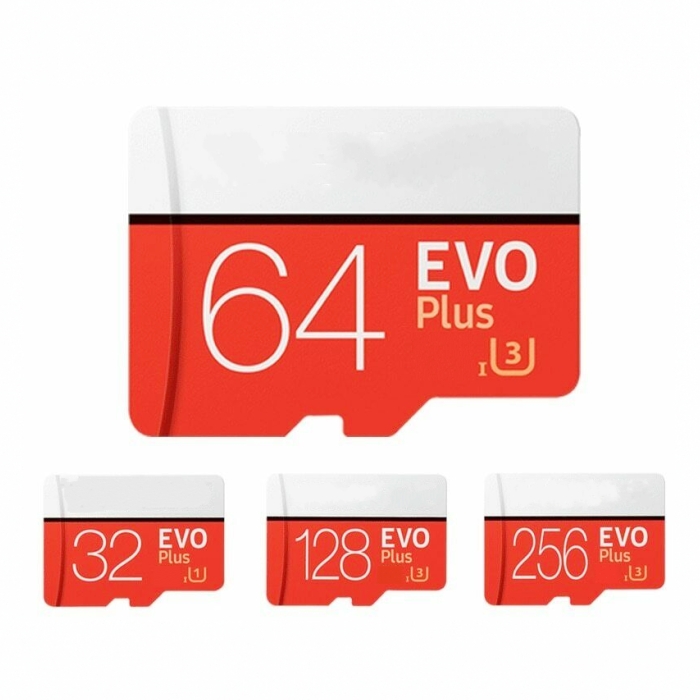Cloud computing has transformed how we store and access data, but the role of physical storage solutions like SD memory cards remains crucial. In this article, we explore the symbiotic relationship between SD memory cards and cloud computing in the modern digital landscape.
Introduction: Cloud computing has revolutionized the way we manage and share data, offering convenience, scalability, and accessibility. However, the physical nature of SD memory cards continues to play a vital role in data storage and portability, complementing the advantages of cloud-based solutions.
Data Security and Privacy: While cloud computing provides remote data storage, concerns about data security and privacy persist. Sensitive information, such as personal photos or confidential documents, might be better suited for local storage on encrypted SD memory cards. Users have greater control over the physical storage location, reducing the risks associated with online data breaches.
Offline Accessibility: Cloud-based data requires an internet connection for access. SD memory cards, on the other hand, offer offline accessibility, allowing users to access their data anytime, anywhere, even in remote or network-challenged environments. This is particularly beneficial for travelers, field professionals, and those in areas with limited connectivity.
Data Redundancy and Backup: Combining SD memory cards with cloud computing offers a robust data backup strategy. Users can store critical data on local SD cards as well as in the cloud, ensuring redundancy and protection against data loss. In case of cloud outages or service disruptions, local SD cards serve as a reliable backup.
Large File Handling: Uploading and downloading large files to and from the cloud can be time-consuming and dependent on network speed. SD memory cards provide a quick and efficient way to transfer large files directly between devices without relying on cloud infrastructure, saving time and bandwidth.
Data Synchronization: The synchronization of data between devices can be streamlined by using SD memory cards. Users can save files to SD cards on one device and then transfer them to another device, ensuring data consistency across multiple platforms.
Hybrid Solutions for Future: The future of data storage is likely to involve hybrid solutions that combine the benefits of cloud computing and physical storage. This approach enables users to leverage the convenience and scalability of the cloud while maintaining control over their data through local storage solutions like SD memory cards.
Conclusion: In the era of cloud computing, SD memory cards remain indispensable tools for data storage, portability, and security. Their physical nature complements the advantages of the cloud, providing users with a well-rounded data management strategy. As technology continues to evolve, the symbiotic relationship between SD memory cards and cloud computing will play a pivotal role in shaping how we store and manage our digital world.








